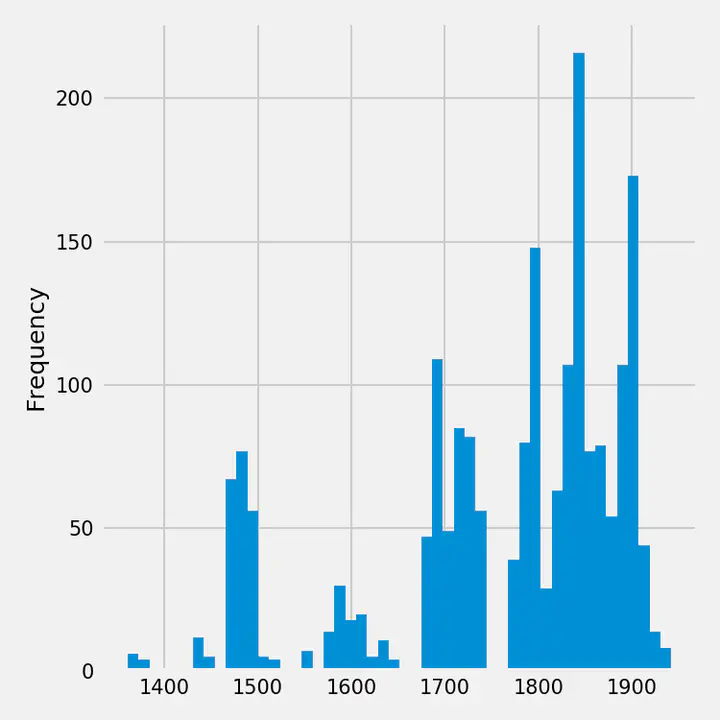Workshop: Data-Driven Music History

Abstract
Traditionally, there has been a strict separation between the humanities and the sciences, encompassing qualitative-hermeneutic and quantitative-empirical methodologies, respectively. This fundamental divide is being challenged by the advent of the recent field of Digital Humanities that addresses, for instance, inherently historical questions with quantitative methods, fueled by the creation of ever larger and more appropriate datasets as well as the development of novel methods and tools. This situation is mirrored within the field of musicology, commonly divided into historical and systematic research agendas, where the emerging subdiscipline of musical corpus studies aims at bridging the methodological gap.
This workshop presents a case study in empirical music history. It first introduces some epistemological issues and then presents a hands-on exercise. Finally, it invites critical discussion about the implications and relevance of the results for other subfields such as music psychology. In doing so, the workshop simulates (nearly) the entire life cycle of a research project, from an initial idea via selecting appropriate operationalisations and measures up to choosing suitable visualisations to communicate the results, e.g. in a research article or a blog post. At each point, participants will be invited to critically reflect the decisions taken. Along the way, more general methods for data analysis (e.g. data transformation, clustering, dimensionality reduction, and plotting) will be introduced. This is expected to benefit participants in a vast number of future projects.
We will use Python as a programming language within the framework of an interactive coding environment. The participants are not expected to have any prior experience with either, and do not need to install any software on their laptops. A web browser and a stable internet connection are the only prerequisites.